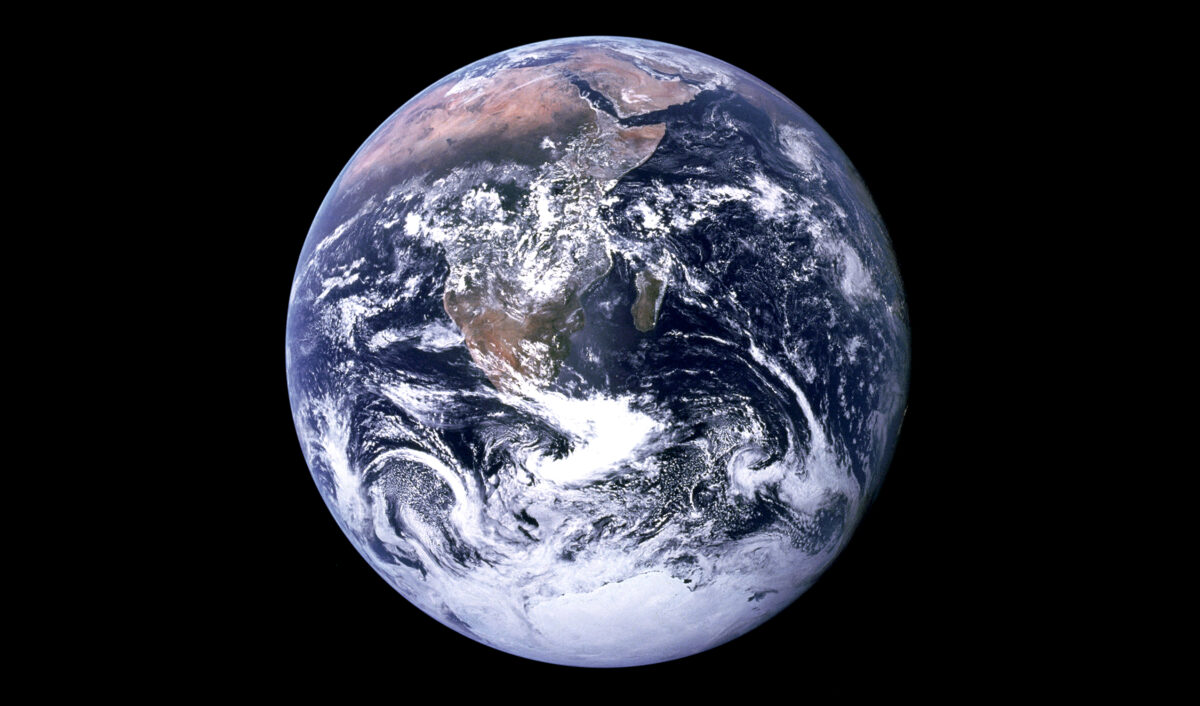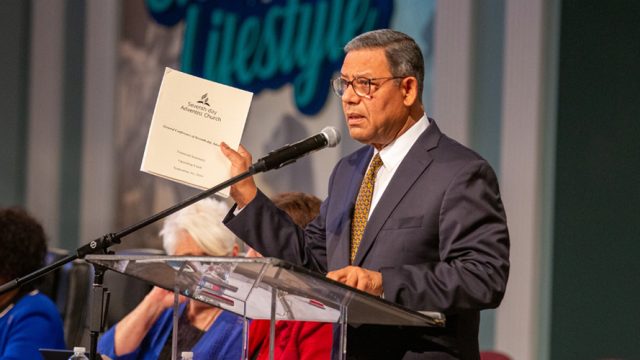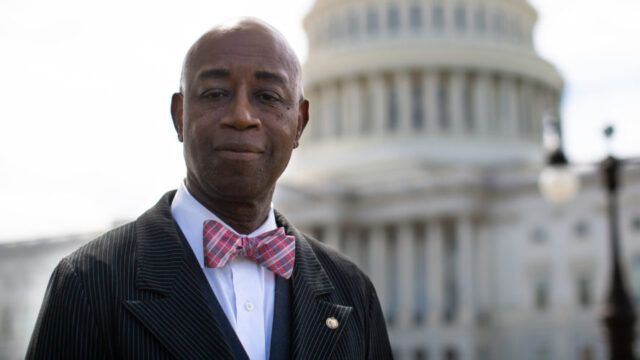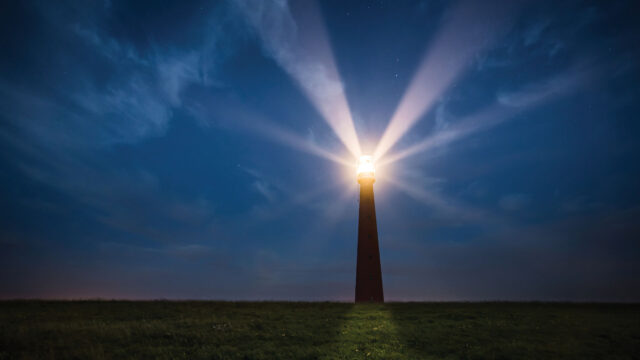Another one of God’s ideas goes mainstream.

If the coronavirus hadn’t hijacked the news for the last two months, we might have had time to more properly observe the fiftieth anniversary of Earth Day (April 22).
I know that for many, Earth Day carries more baggage than a supertanker full of Middle East crude. But for people who every week celebrate the Creator and His “very good” creation, it’s entirely appropriate to cite the progress made over the last 50 years to restore clean air, clean water, sustainable energy, and economic equality.
Growing up in Southern California in the 1960s and 70s, I well remember the air pollution that blanketed the Los Angeles basin and San Bernardino’s inland empire. After riding my bike home from school, I would often collapse into bed, lungs burning from the smog.
Fifty years ago, indiscriminate use of pesticides put whole species of birds and animals at risk. Chemicals improperly disposed of permanently contaminated soil and caused rivers to “catch fire.” Recycling was a crackpot idea totally unnecessary in a country with “unlimited” natural resources.
That image of the earth from space as a small blue and gray sphere may have been part of the impetus to remind us that the planet required our care. It certainly came as no surprise to those of us who remembered our reading of Genesis: “God saw all that he had made, and it was very good” (Gen. 1:31).
The Bible also says about our first parents: “Now the Lord God had planted a garden in the east, in Eden; and there he put the man he had formed. . . . The Lord God . . . put him in the Garden of Eden to work it and take care of it” (Gen. 2:8, 15).
That’s not to say that we all have to be gardeners, or even have green thumbs. It simply means that for the time being “this world is our home,” and our responsibility as God’s people is to preserve this planet as good stewards.
The last 50 years have seen great progress in caring for our planet. Air pollution is down in most cities in North America, Europe, and the South Pacific. Recycling is up, reducing the need for nonrenewable natural resources. Renewable energy (wind, solar, hydro) are becoming more accessible, more effective, and less expensive. Multinational corporations are working to reduce their environmental footprint. These are all things we creationists can celebrate.
Yet we can do more.
Vast populations in developing countries have little access to potable water and unpolluted air. And there’s no excuse for the refuse and litter that foul our shores, rivers, streams, and highways. Small, seemingly insignificant actions add up. Walking, biking, public transportation instead of driving; cloth shopping bags and reusable water bottles instead of plastic; donating time each week to pick up along a street or highway.
We don’t have to believe in climate change to notice the devastation caused by wildfires that consume nearly everything in their path; typhoons and hurricanes that leave broad swaths of destruction. Perhaps they are just part of living on a planet cursed by sin. But just as Christ redeemed us to restore in us the image of God, our care for the planet demonstrates our commitment to live His will in His “very good” creation.
We didn’t need Earth Day to tell us that. But for 50 years it’s been a useful reminder.








